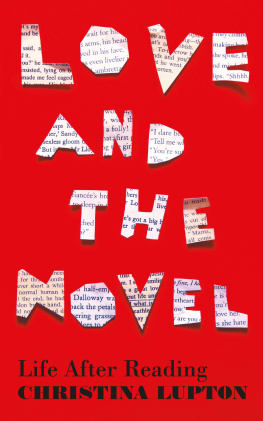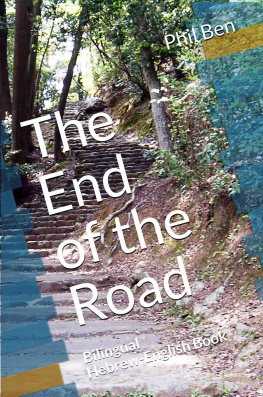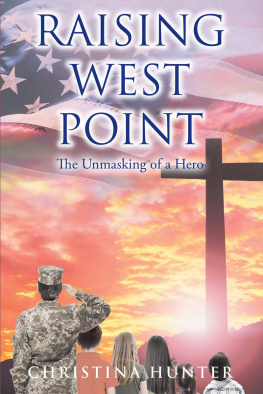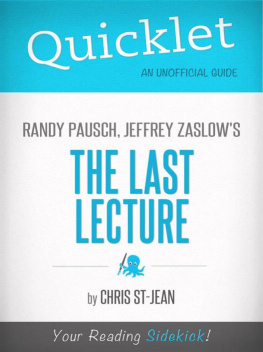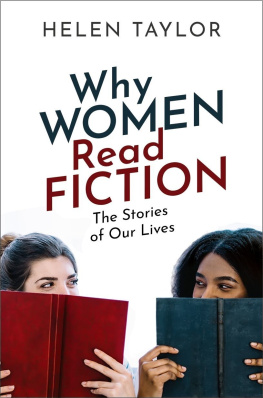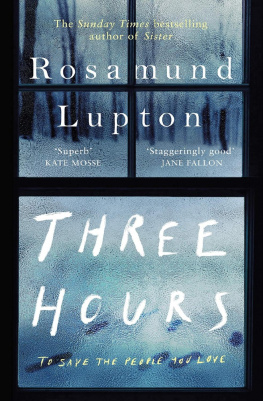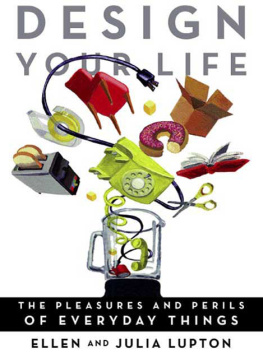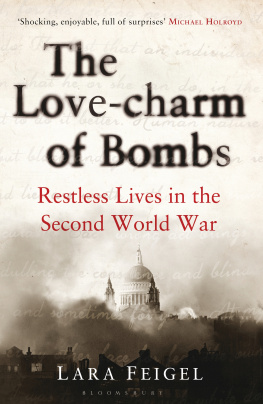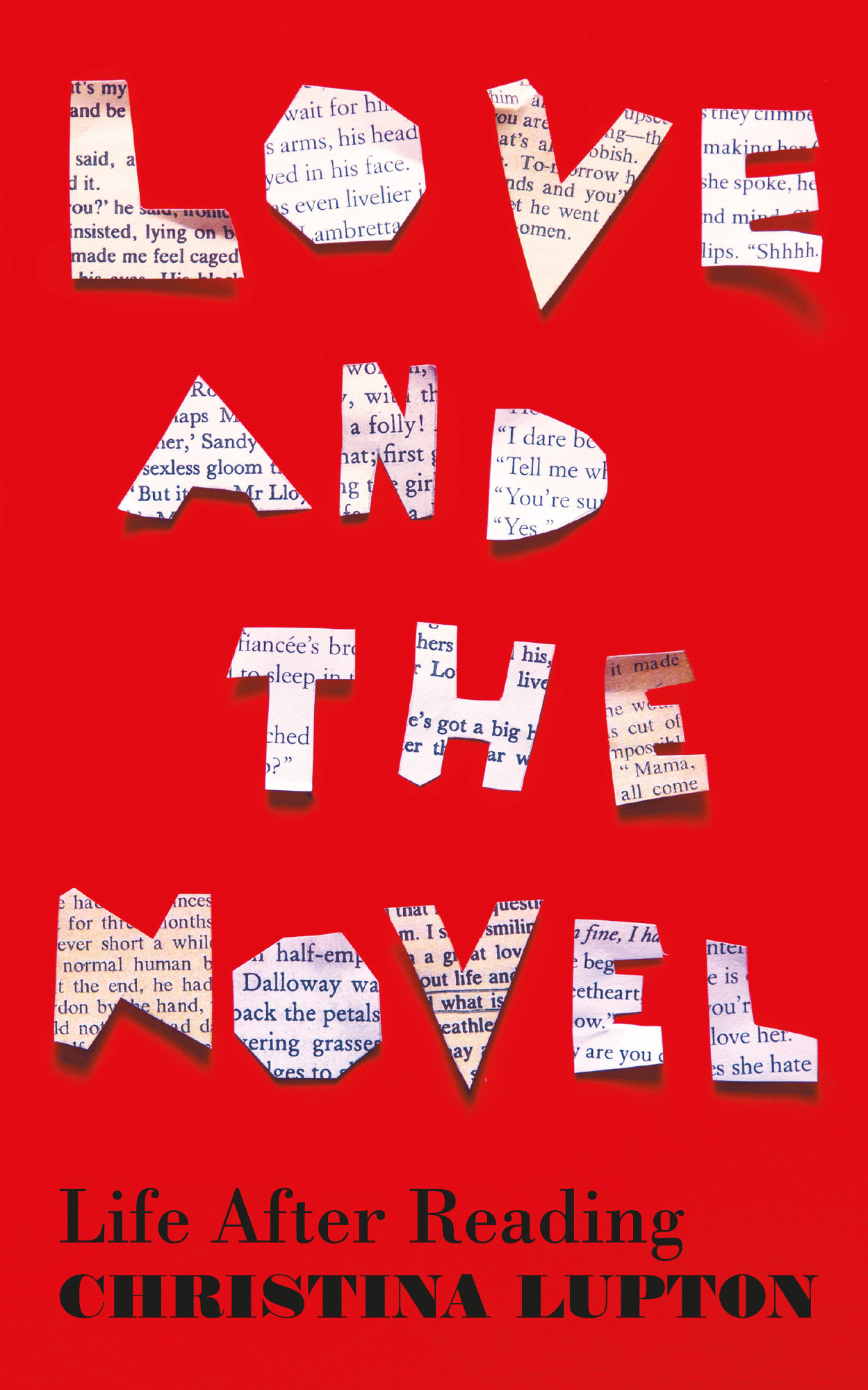In November 2018 I sat at the side of an indoor pool while my son Rohan took his swimming class. It was already dark, the way it gets on winter afternoons in Denmark. The sports centre was stoked with artificial warmth and light, and the sound of childrens voices filled the glassy space. Rohan dived for weighted plastic in a squall of other eight-year-olds. A swimming teacher stood and cast rings for them, one by one, into the water a green one to the right, a blue one to the left, the look on his face of someone feeding ducks in a pond. My coat and hat were spread beside me on the slatted bench and Id taken a novel from my bag. I see myself now at a distance, as if looking back into that terrarium of human life: a woman watching her child plumb the depths of the pool. From the outside, she seems to have been many places and read many books. Less visible are the thoughts of the love affair, just started, trumpeting silently through her head and out into the chlorinated air.
It seems unlikely that falling in love could do much to a life as well populated and extended as mine was then. Hans and I had been together for decades. We lived in a nice part of Copenhagen, in a building by a canal lined with blue and pink houses and weekend sailing boats. Hans had renovated the flat, carved out a kitchen from an old beer cellar and decorated rooms for the kids. I had a job at a university in England and commuted most weeks of the term between our home and London, teaching literature classes prepped on the plane to well-read students. When I wasnt travelling, my days were filled with smaller routines. I biked around the city and met friends for coffee. I read bedtime stories, spent weekends at the summerhouse in Sweden, cooked meals, spoke at conferences, researched life in England in the eighteenth century. The book on my lap that day at the pool was Pride and Prejudice, carried in my bag because Id agreed to produce by the end of the year an introduction for a new edition of the novel.
In taking on the project, Id said I would describe the different kinds of love represented by Austen: between sisters, and between friends; love that is just lust; love that connects parents and children, even when they seem not to like each other much. More precisely, I wanted to explain the case Austen makes for reconciling romantic and heartfelt love with the kinds of socially productive marriage promoted in the early nineteenth century. At the time when Austen wrote there were plenty of reasons to get married, but little basis for believing in romantic and conjugal life as the same thing. It remained rare in her short lifetime to think that one had to fall in love with the person one married, or to assume that one could marry the person one loved. Children were cared for, obviously, but they were also routinely sent away to wet nurses or to school, or out early to work. The family at the centre of so many novels wasnt yet there as the emotional crux it seems now. As I watched Rohan swim, my finger marked the part of the story when Elizabeth wanders around Darcys estate, believing that hes away from home. Shes already refused his first proposal of marriage, but hes about to reappear in her life as someone she cant resist. Its a famous turning point in a book so familiar to me that I hardly needed to read the words again. Yet the connection between what Austen writes and what love really is, or was, seemed looser to me than it ever had.
In all these decades of teaching and writing about literature, one thing Ive learned is that novels arent blueprints for living; their stories do not bleed straight into our brains; they dont reveal truthfully what we think, or what we do with our bodies. The writers job is not, as the poet Elizabeth Bishop once warned her friend Robert Lowell, to tell what were really like in 1972. Jane Austen also wasnt writing to tell what love was like in 1810. If historians of the future dig up our libraries, the books weve written those old ones weve kept reading and translating and turning into television shows I hope they wont say, Ah, that is how they were, that is how they loved back then. Im not sure we should read the fictions of any time that way, by joining too closely the dots between the novels we read and the things we do, the people we are. Knowing that I was born in the 1970s in a commune in London, or that I studied in the 1990s, working my way into a job as a literature professor during those years of queer and feminist debate, or that this story starts with me being unfaithful to a husband I loved, tells you a lot. But none of that puts me easily in the novels I have read or explains how reading them supported the new shape my life was taking.
A friend came to Copenhagen once with a copy of Elizabeth Hardwicks Sleepless Nights for me in her bag. Like gifts shed brought before, it was perfectly chosen. The intricate prose kept me awake at night, puzzling out the point of view and admiring the author. Hardwick wrote her novel late in the 1970s, just after her divorce from Lowell, that poet prone to telling it all. At the point Hardwick and Lowell divorced, they had a teenage daughter, an apartment in Manhattan and an impressive group of literary friends. Looking back at her life from that vantage point, Hardwick describes in Sleepless Nights some places she has been. At one point she offers a succinct account of it all:
Tickets, migration, worries, property, debts, changes of name and changes back once more: these came about from reading many books. So, from Kentucky to New York, to Boston, to Maine, to Europe, carried along on a river of paragraphs and chapters, or blank verse, of little books translated from the Polish, large books from the Russian all consumed in a sedentary sleeplessness.
This, she says, is the true though insufficient explanation of her life. The books shes read are coordinates, but they are not a map. With reading as her mode of travel, she has been a passenger without destination, a woman finding her way, balancing her wishes against the grain of other narratives.
Hardwicks description of her life came back to me as I thought about Pride and Prejudice. In the essay I wrote on the novel during that long winter of 2018, I argued that Austens emphasis on individual feelings is the key to the novels innovative representation of love. If we want to understand why novels have mattered so much in the history of emotion, its not enough to think of the marriages and trysts they describe. We must think of the whole experience of reading fiction as a lesson in having and discovering personal feelings, almost regardless of what one does with them, or how they relate to societys standards for living well. Before the middle of the 1700s, which is when people really began to buy novels for the first time, there were plenty of texts explaining what to feel: sermons, pornography, romance, travel narratives, satires, tragic plays. But none of them set as much store by individual response as the novel. Reading them didnt involve a journey of the kind Hardwick describes, carried along on a river of paragraphs, prone to divergence from any route mapped out in advance.
Individual romantic love and the novel emerged together in the eighteenth century, partook from the outset of each others values, became testing grounds at the same time for the ideal of original selfhood. The lover who followed her heart would not be swayed in the end by what her parents or her religion told her. This individual celebrated and cultivated by the novel was able to feel for herself, to make rational choices, to defy rules, to read her own way through a story. It was for her sake and not simply in the name of the partnerships and profits they represented that novels helped drive arranged marriage and orthodox religion into decline. Unlike the sermons and conduct books that kept on circulating alongside them, novels werent simple prescriptions for how to live. Even

